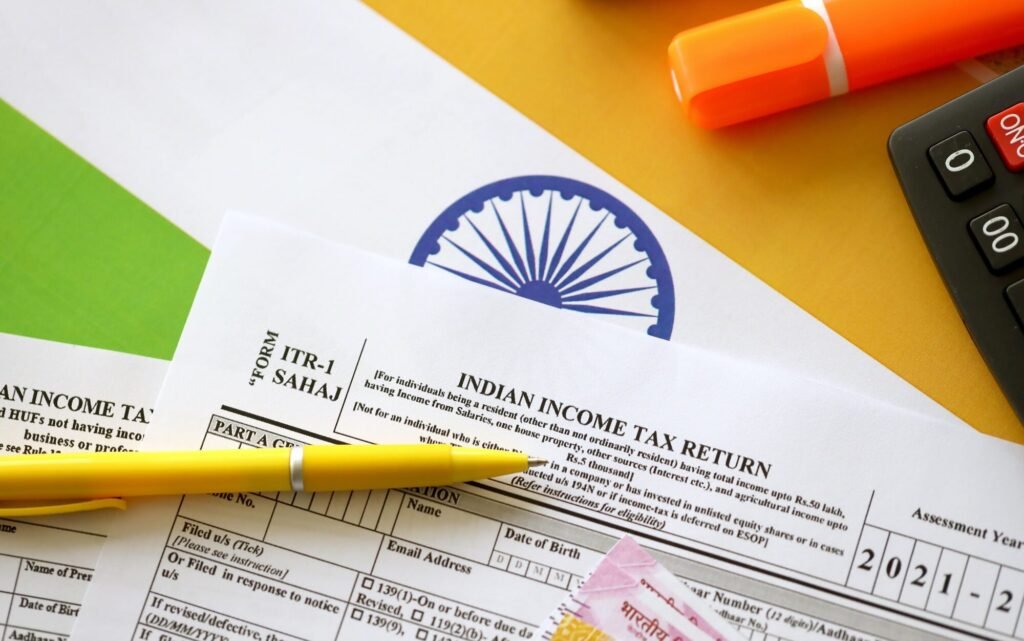Income Tax Return Filing in India
Filing income tax returns is a legal obligation for individuals and entities in India who meet certain income thresholds. It is a process of reporting your income and paying taxes to the government. The income tax return filing process in India is governed by the Income Tax Act, 1961, and the rules and regulations prescribed by the Income Tax Department.
Benefits of Filing Income Tax Returns
There are several benefits to filing income tax returns in India:
- Compliance with the Law: Filing income tax returns ensures that you are compliant with the law and fulfill your legal obligations as a taxpayer.
- Claiming Tax Refunds: If you have paid more taxes than required, you can claim a refund by filing your income tax return.
- Proof of Income: An income tax return serves as proof of your income and can be useful when applying for loans, visas, or other financial transactions.
- Carrying Forward Losses: If you have incurred losses in a particular financial year, filing income tax returns allows you to carry forward those losses and set them off against future profits.
- Government Benefits: Some government schemes and benefits require individuals to have filed their income tax returns for a certain period.
Consequences of Non-Filing of Income Tax Returns
Not filing income tax returns can have several consequences, both financial and legal. Here are some of the key points to consider:
- Penalties and Interest: If you fail to file your income tax returns on time, you may be liable to pay penalties and interest on the amount of tax due. The penalties can range from a fixed amount to a percentage of the tax payable.
- Prosecution and Imprisonment: In cases of willful non-filing or evasion of income tax, the Income Tax Department can initiate legal proceedings against the taxpayer. This can lead to prosecution and imprisonment, along with financial penalties.
- Limited Access to Financial Services: Non-filing of income tax returns can affect your ability to access financial services such as loans, credit cards, and mortgages. Financial institutions often require income tax returns as proof of income and creditworthiness.
- Loss of Carry Forward Benefits: If you fail to file your income tax returns within the due date, you may lose the opportunity to carry forward losses incurred in a financial year. This can result in a higher tax liability in the future.
- Audit and Scrutiny: Non-filing of income tax returns may increase the chances of your tax return being selected for scrutiny or audit by the Income Tax Department. This can lead to additional investigations and potential penalties if discrepancies are found.
Conclusion
Filing income tax returns is not only a legal requirement but also offers several benefits to individuals and entities in India. It ensures compliance with the law, allows for tax refunds, and serves as proof of income. On the other hand, non-filing of income tax returns can result in penalties, legal consequences, limited access to financial services, and loss of carry forward benefits. It is important to fulfill your income tax obligations and file your returns within the prescribed timelines to avoid any adverse consequences.



